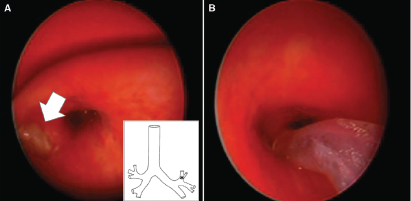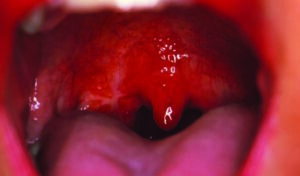Physician experts at the 2022 Triological Society Combined Sections Meeting discussed biologic therapy options for pediatrics chronic rhinosinusitis with polyps and recurrent respiratory papillomatosis.


Physician experts at the 2022 Triological Society Combined Sections Meeting discussed biologic therapy options for pediatrics chronic rhinosinusitis with polyps and recurrent respiratory papillomatosis.

Here’s a look at some of the latest developments in pediatric otolaryngology.

Use of a bent flexible suction catheter to guide a urological wire basket during rigid bronchoscopy is a feasible technique for foreign body removal in the distal pediatric airway.

Experts in a session at the American Academy of Otolaryngology–Head and Neck Surgery’s (AAO-HNS) 2021 Annual Meeting said prescribing opioids to children can be a risky way to respond.

From infectious illnesses in steep decline due to COVID-19 to a new subcertification category, leaders in pediatric otolaryngology discussed trends in the field during the Combined Otolaryngology Spring Meetings.
A look at the factors most significantly associated with successful decannulation and long-term outcomes in children undergoing tracheostomy.
For pediatric tracheotomy patients under years of age, the likelihood of and time to decannulation varies based on indication for the tracheostomy.
Tablet game audiometry as a screening tool performs well in a controlled setting and can be considered a reliable screening method for school-age children.
These are recommendations that pediatric otolaryngologists can adopt to provide effective care for their COVID-19 patients and ensure safety for themselves, other healthcare workers, and their patients.

Pediatric otolaryngology is a world of its own, experts say